
Government Tendering 101: A Beginner's Guide
Are you a business owner looking to expand your revenue streams? Have you considered bidding on government tenders? The process of tendering for government contracts can seem overwhelming, but with the right knowledge and strategy, it can be a lucrative opportunity for your business. This beginner's guide to government tendering will provide you with a comprehensive understanding of the process, from start to finish.
The tendering process is the method by which government agencies and organizations invite bids for goods, services, or construction projects. It is a competitive process, and the contract is awarded to the bidder that best meets the requirements and offers the best value for money.
The tendering process is divided into following stages
Planning: During this stage, the government agency or organization identifies its needs and prepares the procurement plan.
Request for Information (RFI): The RFI stage is used to gather information from potential vendors about their capabilities and qualifications.
Request for Proposal (RFP): The RFP is a formal invitation to vendors to submit a proposal that outlines how they would meet the needs of the government agency or organization.
Bid Evaluation: Once the bids are received, they are evaluated based on a set of criteria, including price, quality, and delivery time.
Contract Award: After the bid evaluation process, the contract is awarded to the vendor that best meets the criteria.
Understanding Government Tenders
To participate in government tenders, you need to understand the requirements and the process. The first step is to register with the government agency or organization that is issuing the tender. The registration process varies depending on the agency or organization, but generally, you will need to provide information about your business and its capabilities.
Eligibility Criteria: To be eligible to bid on a government tender, you must meet certain criteria. These criteria may include financial stability, experience in the industry, and the ability to deliver the goods or services on time.
Bid Submission: When submitting a bid, it is important to follow the instructions carefully. You must provide all the required information, including your proposed price, a detailed description of the goods or services you will provide, and any relevant qualifications or experience.
Evaluation Criteria: Your bid will be evaluated based on a set of criteria that may include price, quality, and delivery time. It is essential to ensure that your bid meets all the requirements and provides the best value for money.
Contract Award: The contract is awarded to the vendor that best meets the requirements and offers the best value for money. Once the contract is awarded, the vendor must deliver the goods or services according to the agreed-upon terms and conditions.
For sure government tenders is a lucrative opportunity for your business. By understanding the tendering process and meeting the eligibility criteria, you can increase your chances of winning a government contract. Tender Universe is here to help you navigate the world of government tenders. Visit tenderuniverse.com for more information, or call us at +918600288980 to get started today.

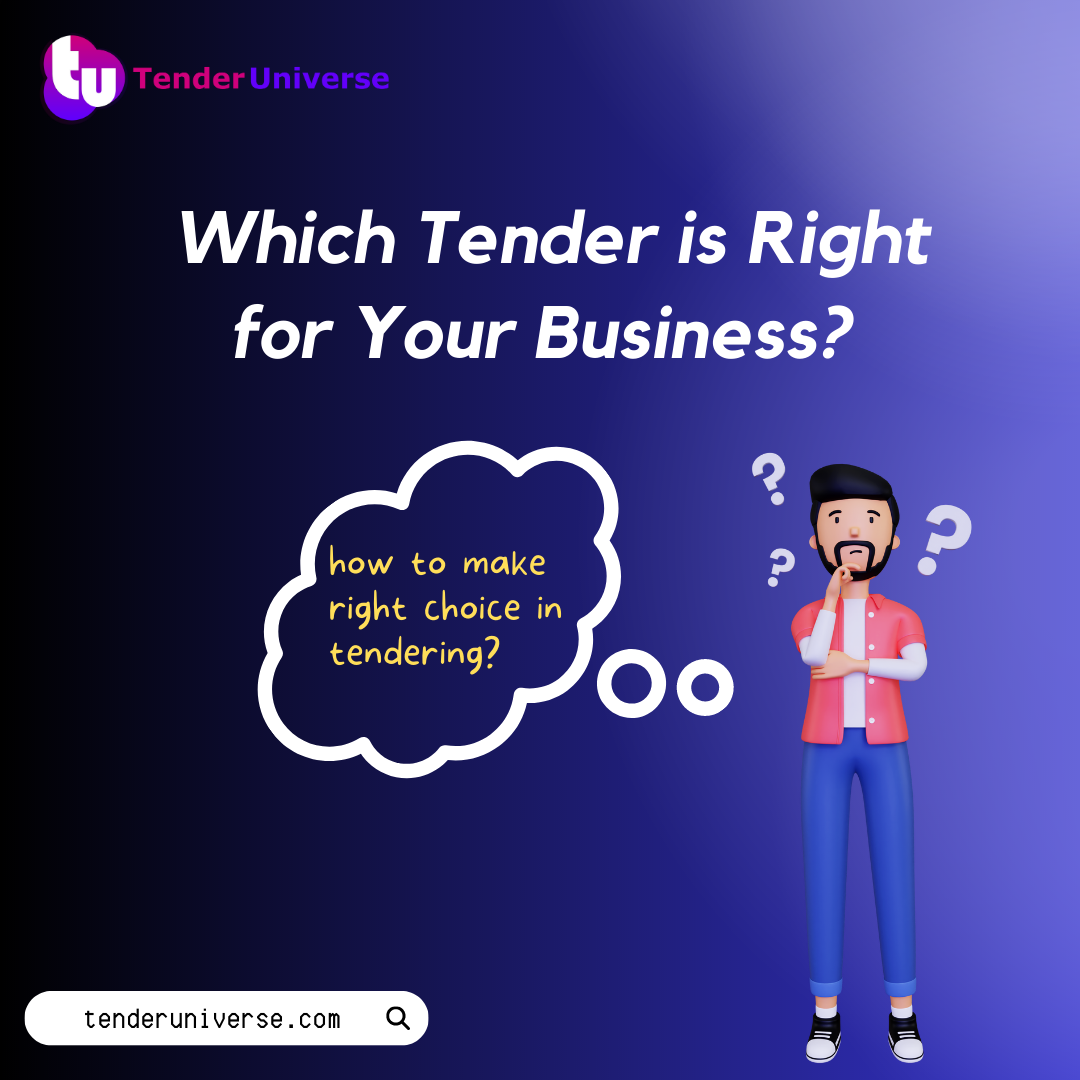
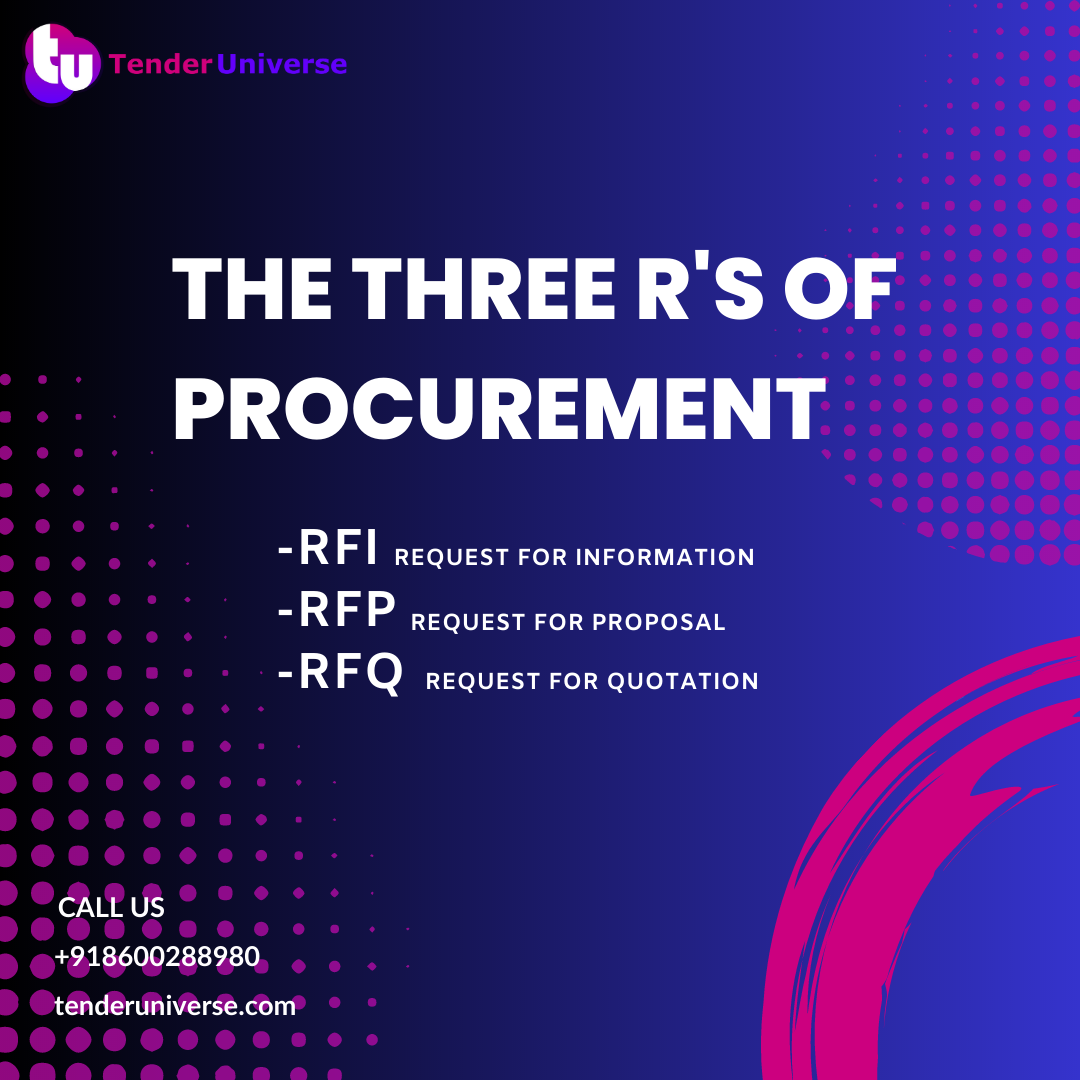


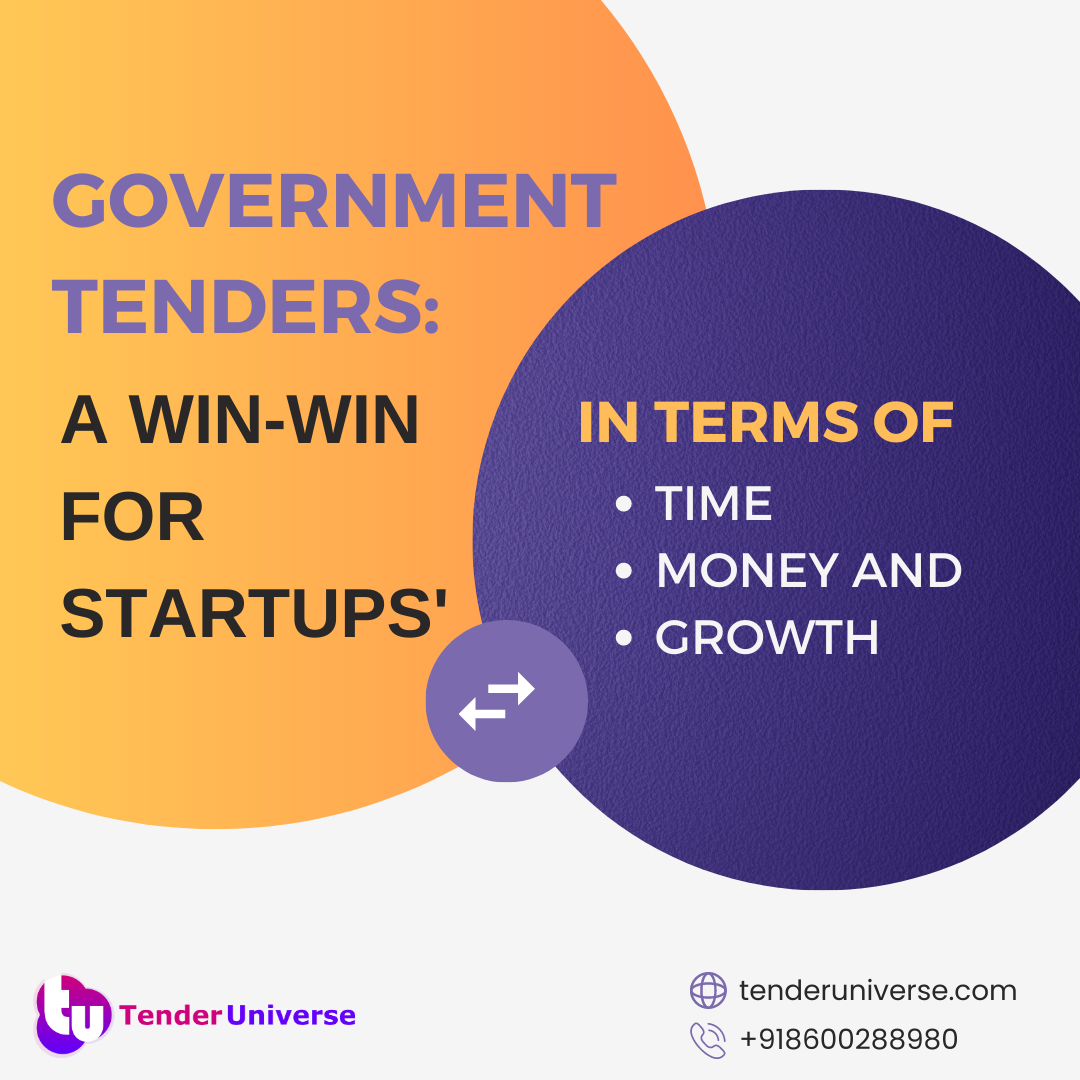

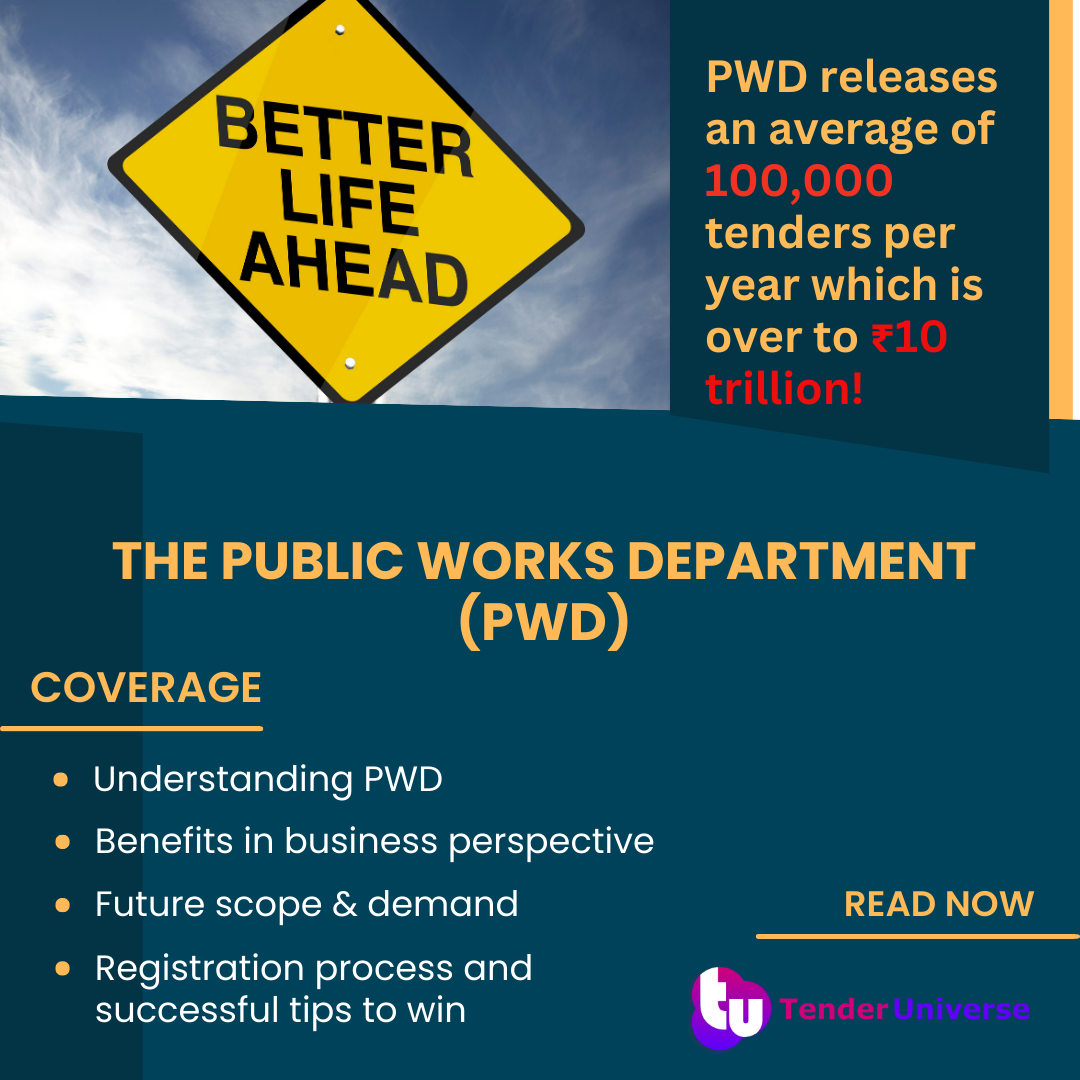

.png)
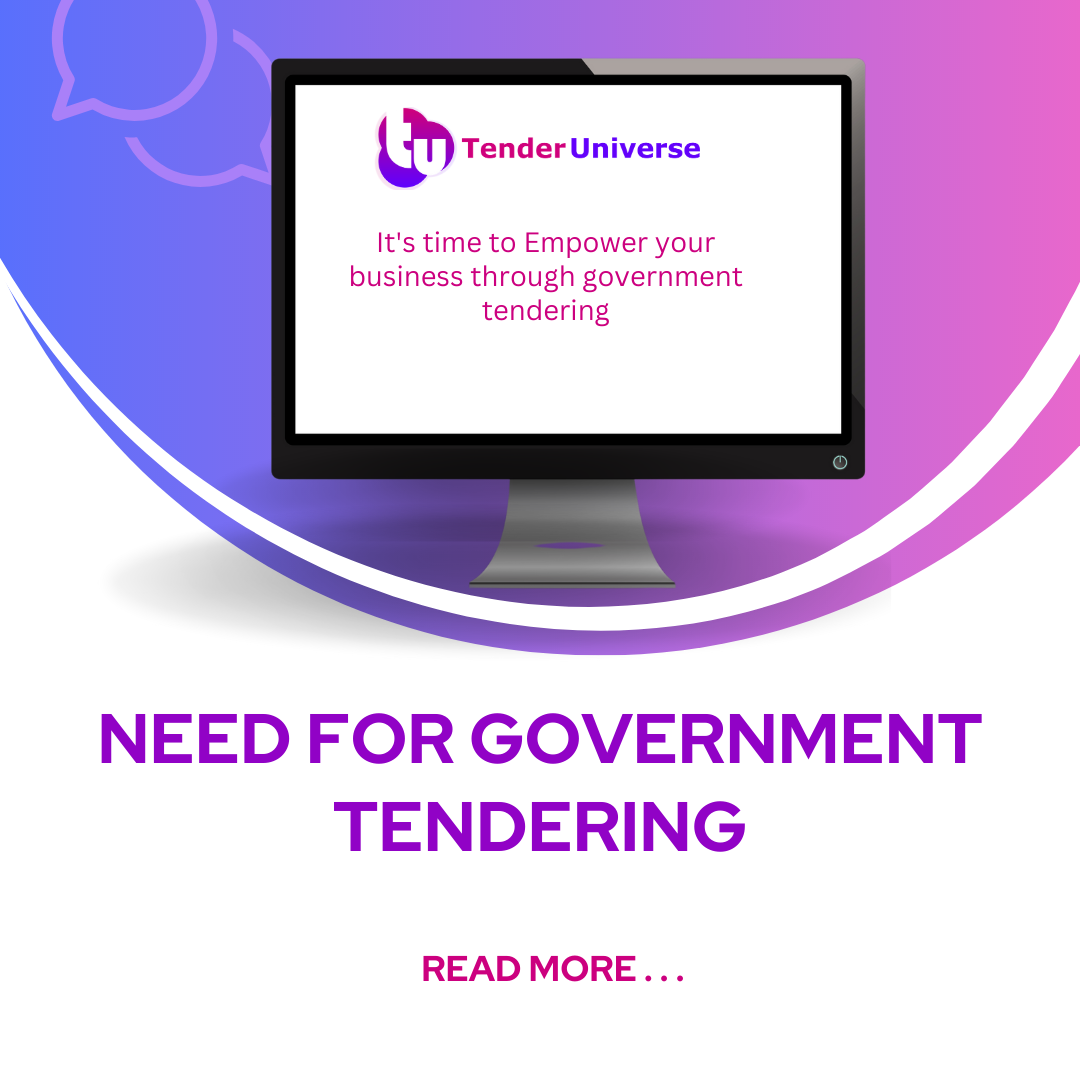
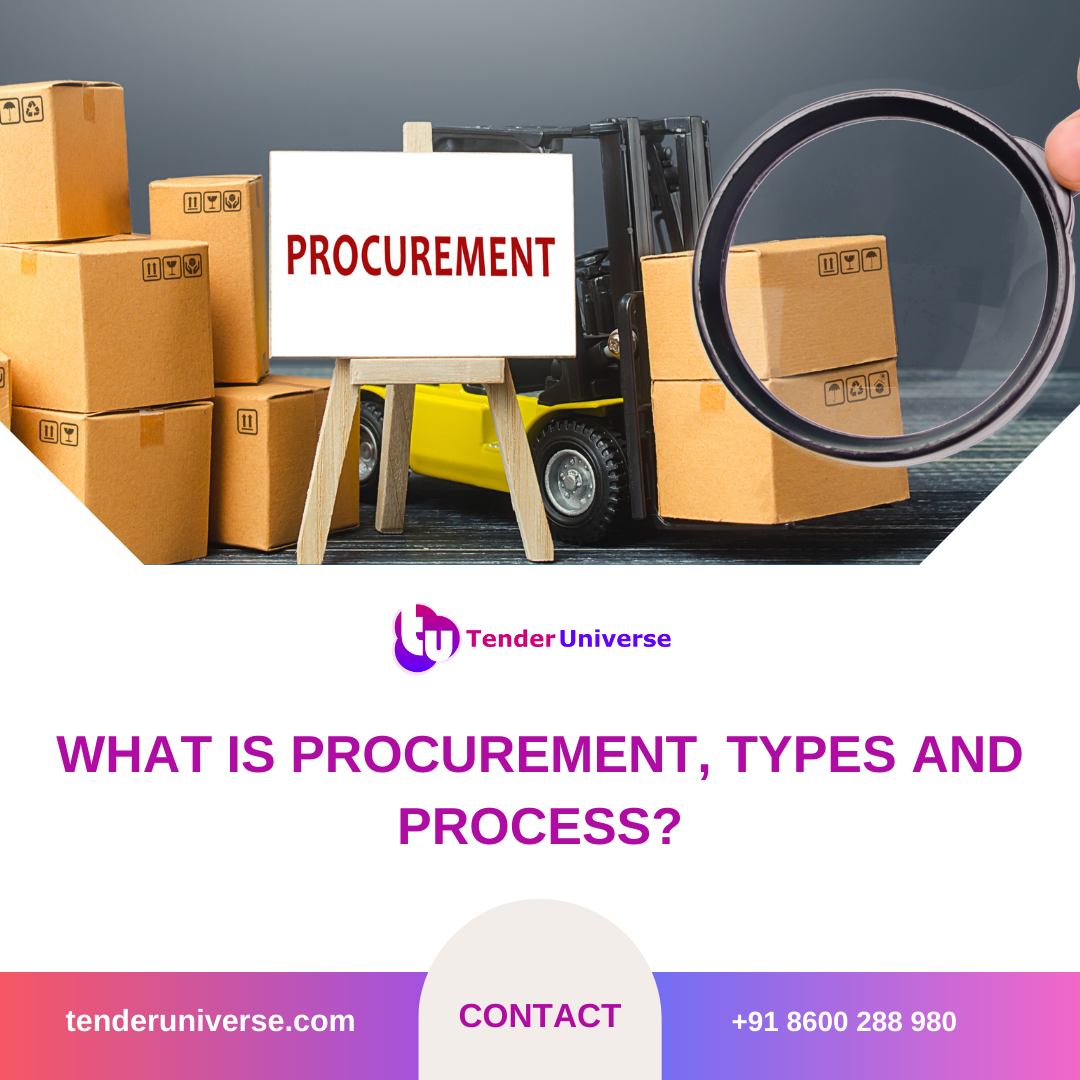
.png)